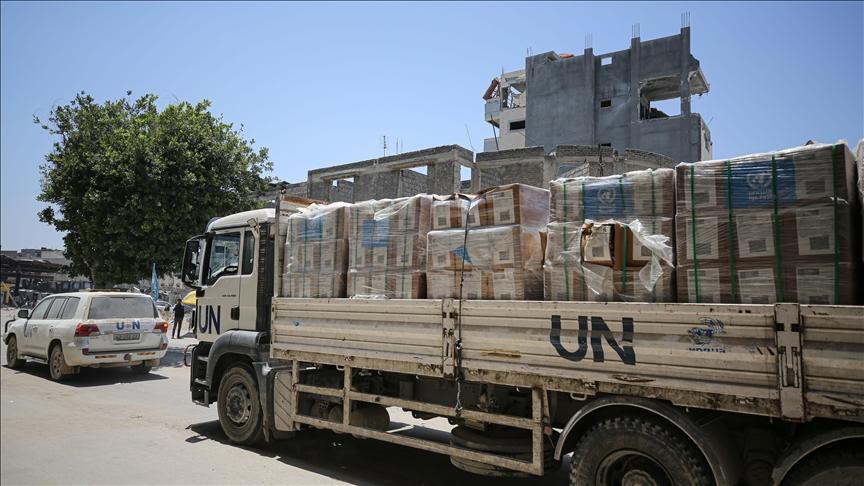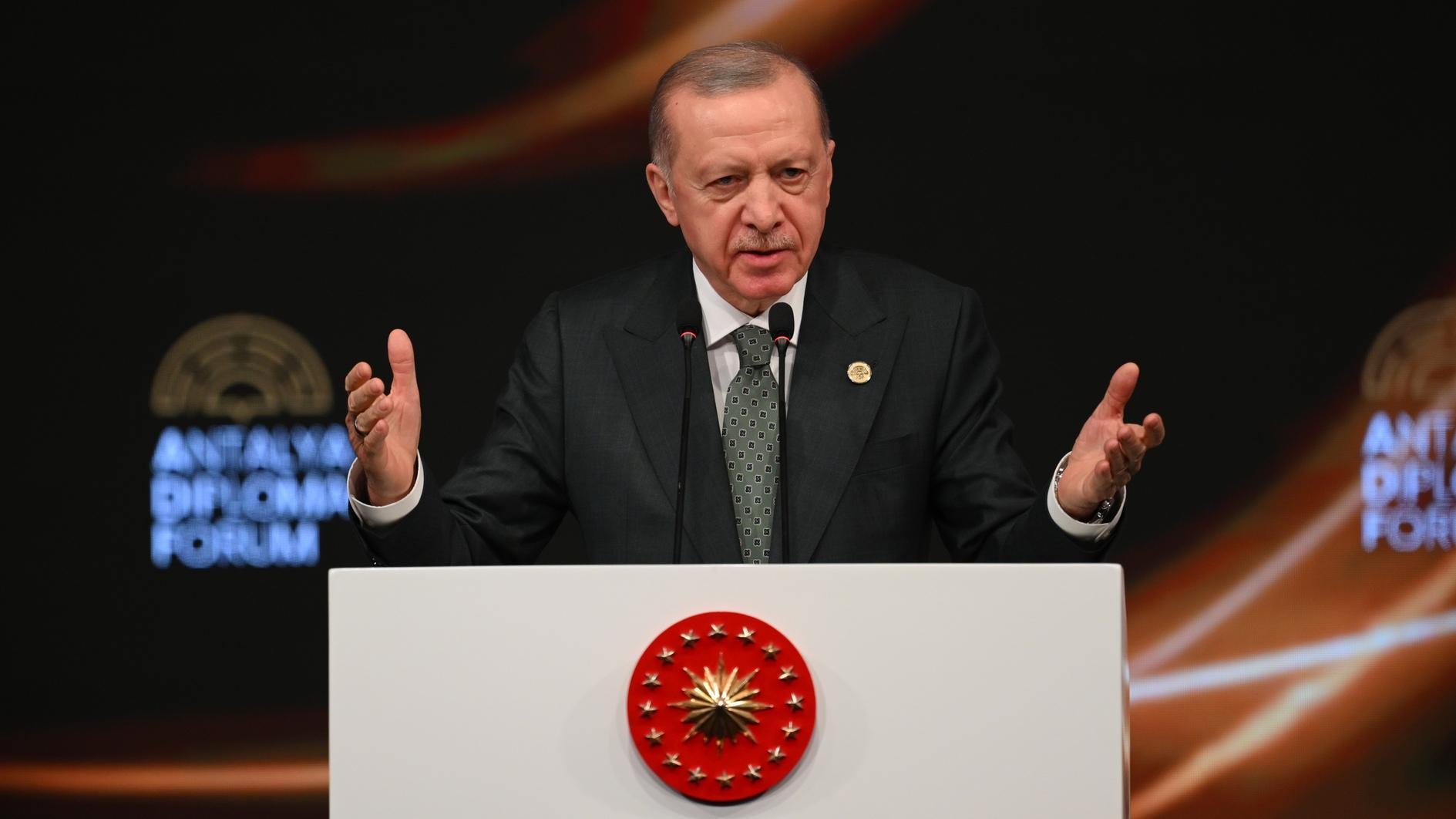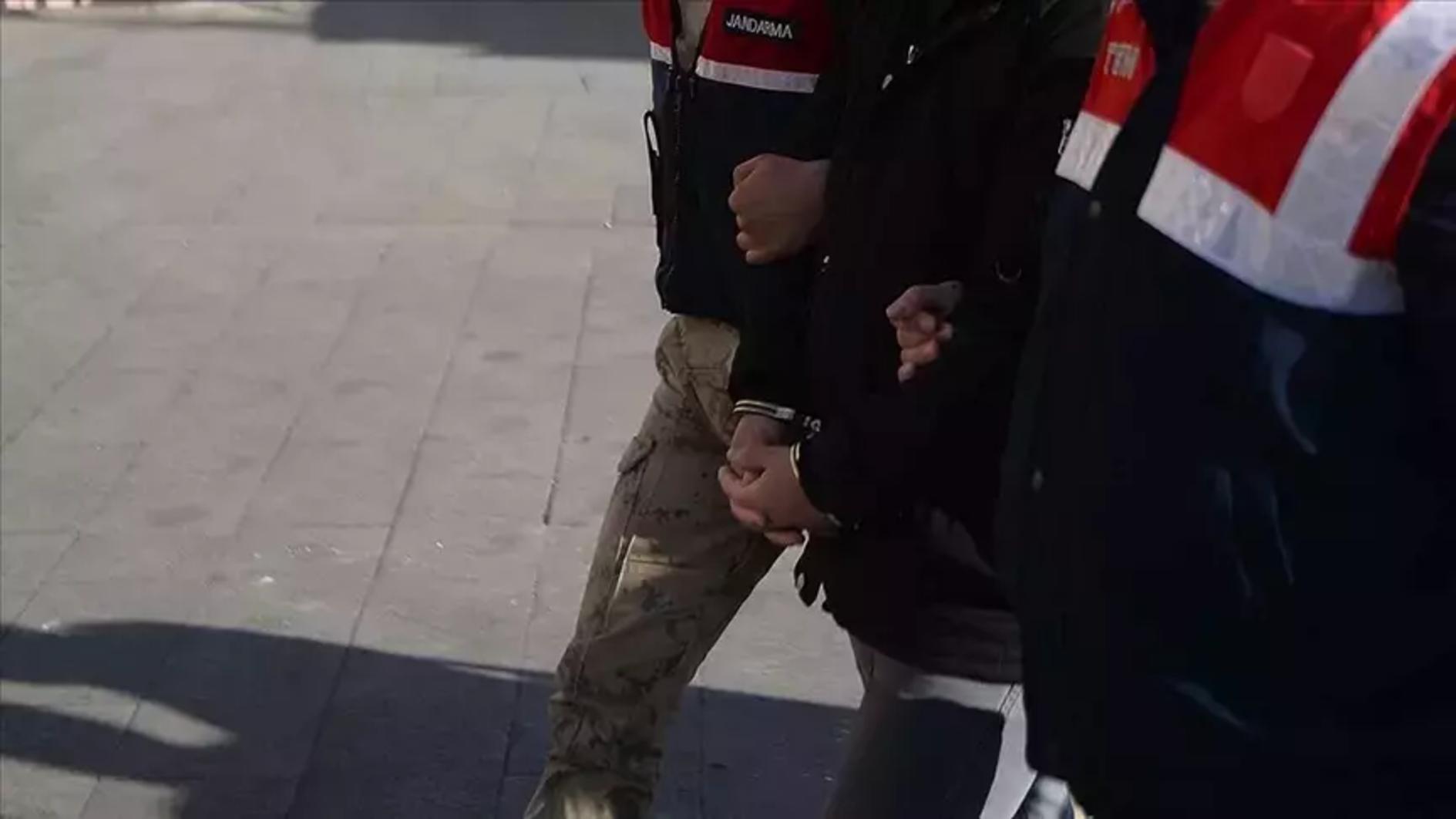Erdoğan-Trump meeting promises little
Turkish President Recep Tayyip Erdoğan is scheduled to meet U.S. President Donald Trump in New York on Sept. 21, on the sidelines of the U.N. General Assembly. Under normal circumstances the expectation would be that something concrete comes out of this meeting, given that we have the leaders of two supposedly strategic partners with common regional and global interests.
However, the situation at hand is not normal and many in Turkey and the U.S. are questioning whether the two countries are still allies, let alone strategic partners.
The situation in Iraq and Syria will no doubt be a key topic in the Erdoğan-Trump talks, but it is not clear what they can agree on, given that the two countries appear to be adversaries more than allies in those countries.
One concern that both share is the upcoming independence referendum in northern Iraq. Ankara and Washington have both expressed opposition to this, but there is a difference in their tone.
Ankara says it will do what it feels is necessary in the event that the vote goes ahead on Sept. 25. It has not clarified its warning, but nationalists in Turkey have suggested that the referendum is a “casus belli” - a reason for war.
Washington has issued no warning beyond expressing its concern and is unlikely to threaten the Kurdistan Regional Government (KRG) over this topic, particularly when it is relying on Kurdish support against the Islamic State of Iraq and the Levant (ISIL).
Therefore we can expect little other than a pro forma expression of concern over this development from Erdoğan and Trump after their talks. The real issue overshadowing this meeting will remain the same, namely the U.S. support for the People’s Protection Units (YPG) in Syria. Turkey says this is a Kurdish terrorist group, which the U.S. has doggedly refused to accept.
There are other problems that will cloud the Erdoğan-Trump meeting, which the sides have not yet managed to resolve. For example, the U.S. continues to refuse to extradite Fethullah Gülen, who Ankara accuses of masterminding last year’s failed coup attempt.
Meanwhile there is also the U.S. indictment of 19 of Erdoğan’s bodyguards, accused of violently beating Kurdish demonstrators outside the Turkish Embassy during Erdoğan’s last visit to Washington in May.
The U.S. police are though to be still smarting over having been left looking ineffective during that incident, and no doubt they are ready this time around for any act taken by Turkish security personal during any anti-Erdoğan demonstrations that might take place in New York.
There is also the indictment in the U.S. of Erdoğan’s former economy minister, Zafer Çaglayan, over receiving bribes in order to help Reza Zarrab - a shady Turkish businessman of Iranian-Azeri origin - circumvent U.S. sanctions on Iran. Süleyman Aslan, a former manager of the Turkish state-owned Halkbank, is also in jail in the U.S. in connection with this case.
Erdoğan maintains that this is a political trial and is relying on Trump to somehow have it thrown out. Given the separation of powers in the U.S., however, it is not clear what Trump can do even if he wanted to accommodate Erdoğan.
The case involving the bodyguards already ensures that the mood against Erdoğan in the U.S., especially in Congress and the media, has turned even uglier, so there is little incentive for Trump to go out on a limb for the Turkish preisdent.
Apart from some diplomatic niceties and hackneyed expressions of commitment to the “strategic partnership” between the two countries, little should be expected from the Erdoğan-Trump meeting. The differences between the two countries are too deep for them to be whitewashed with fine words alone.
Meanwhile, any unexpected events - such as the incident involving Erdoğan’s bodyguards and anti-Erdoğan demonstrators in May - could leave ties between the two countries even worse off than they were before the meeting.











